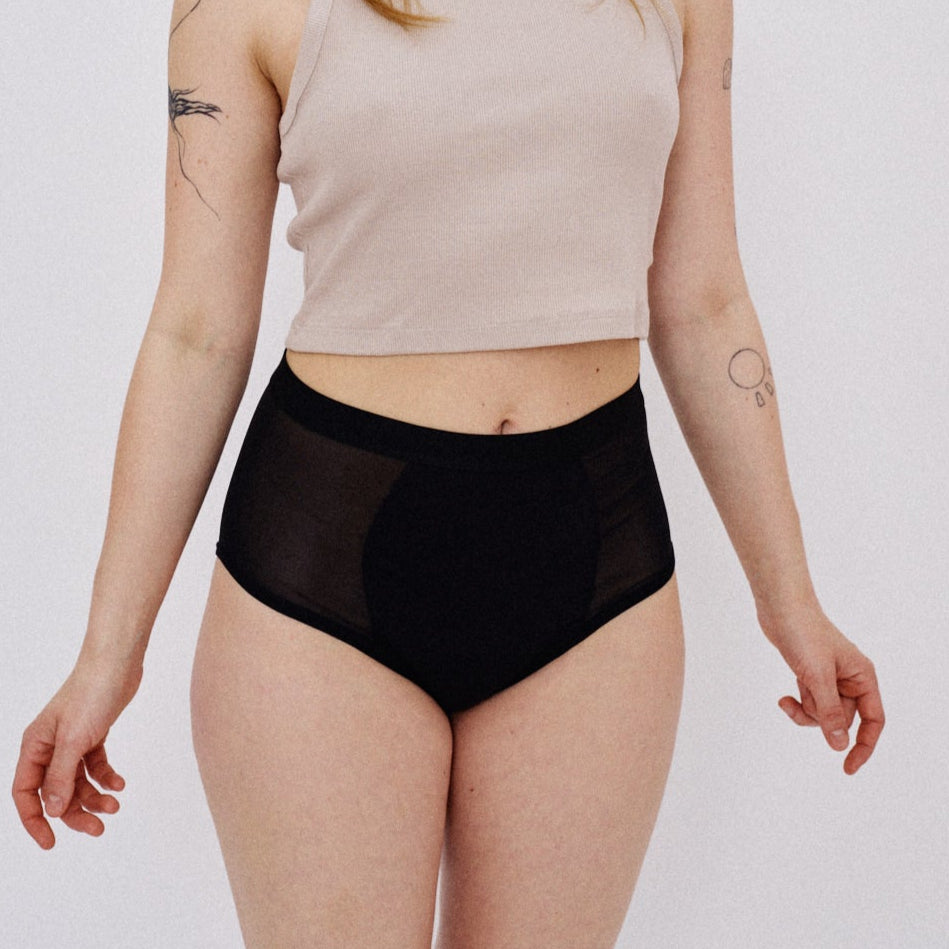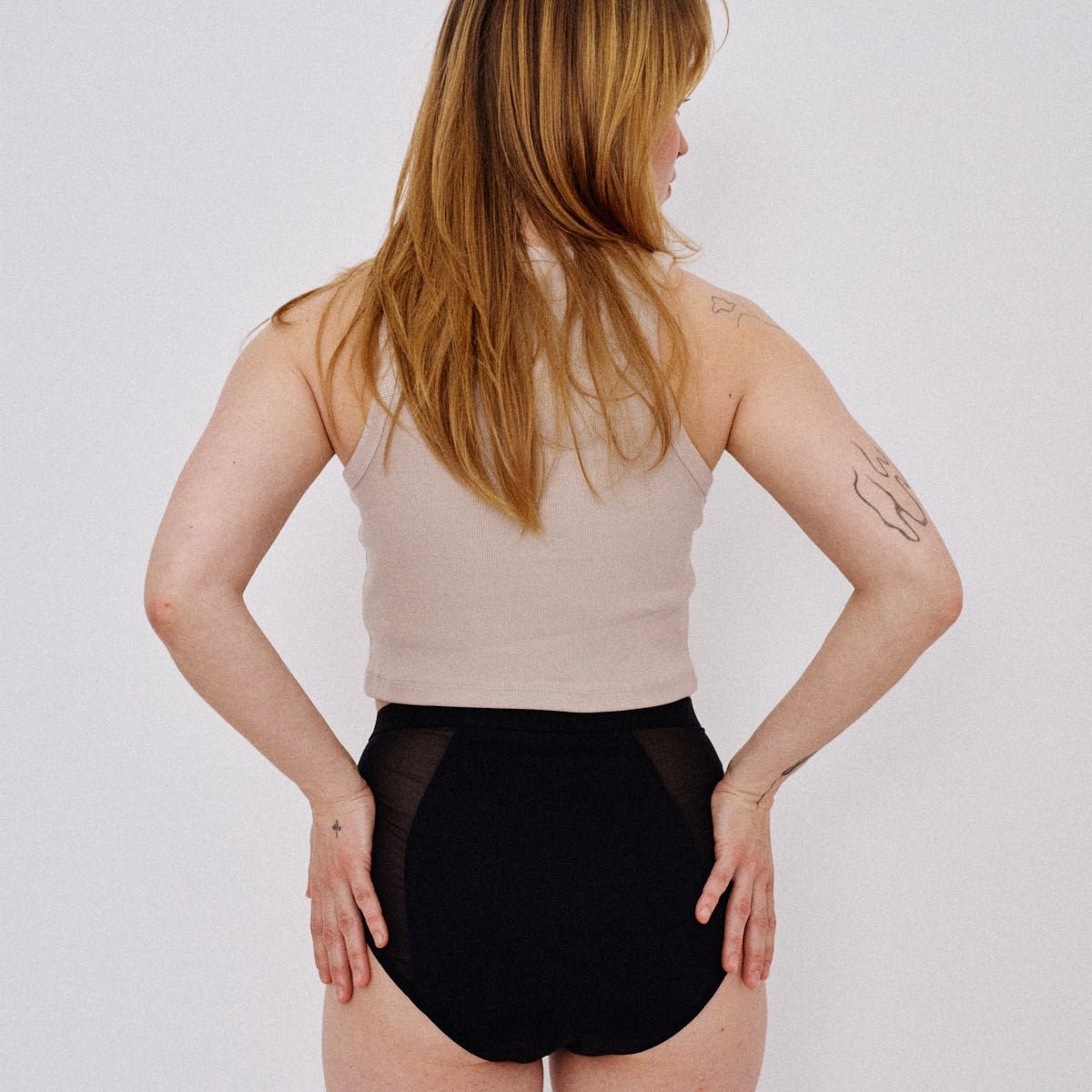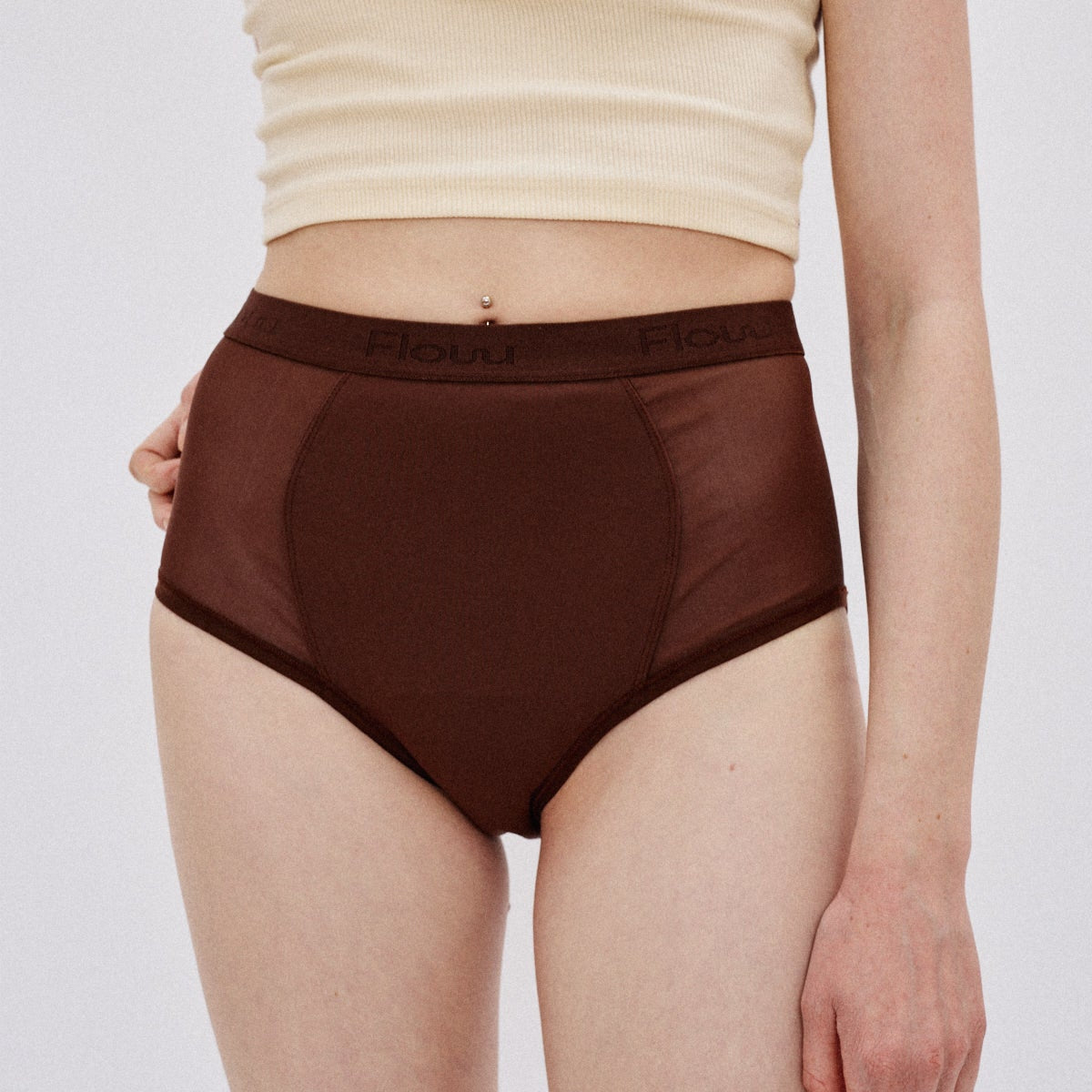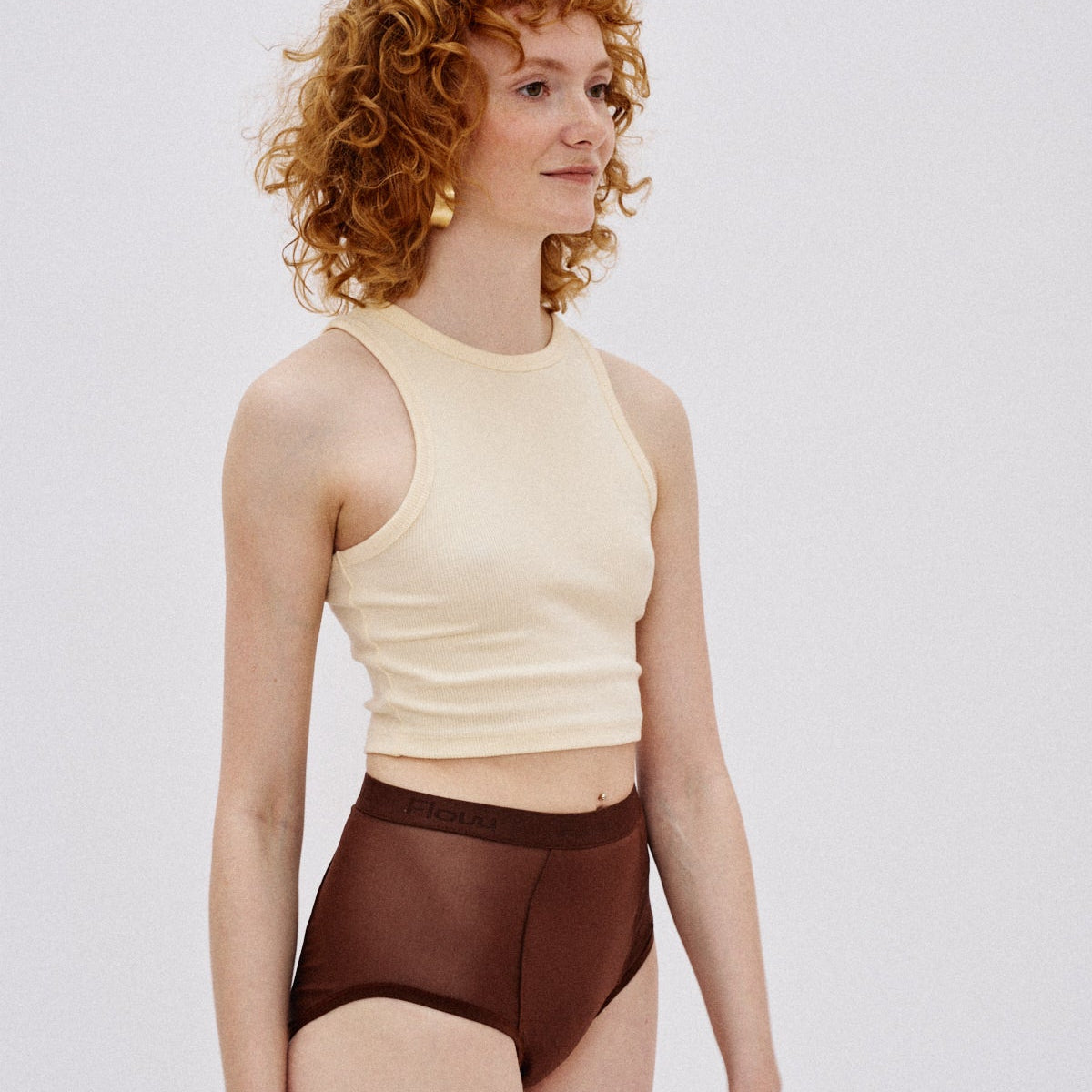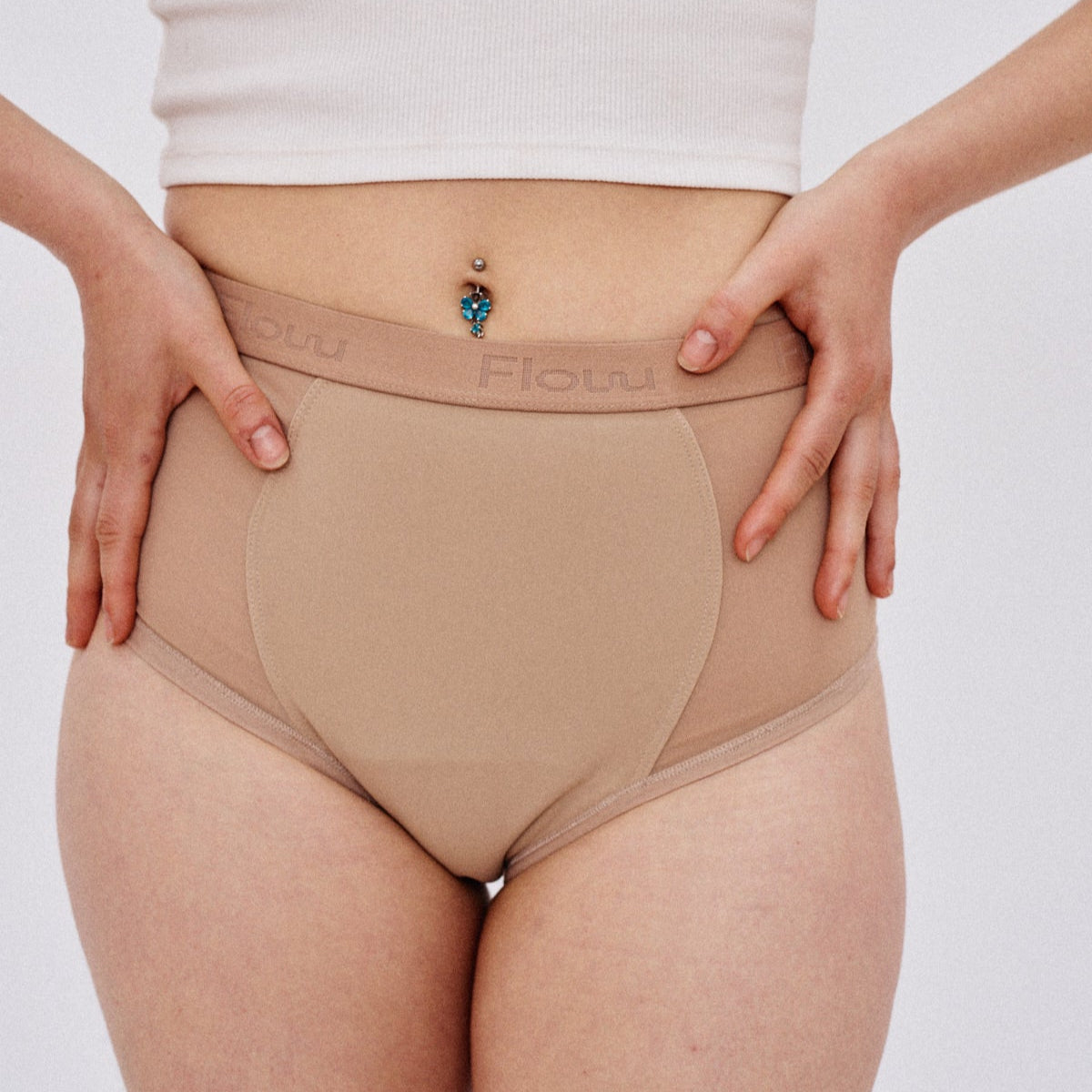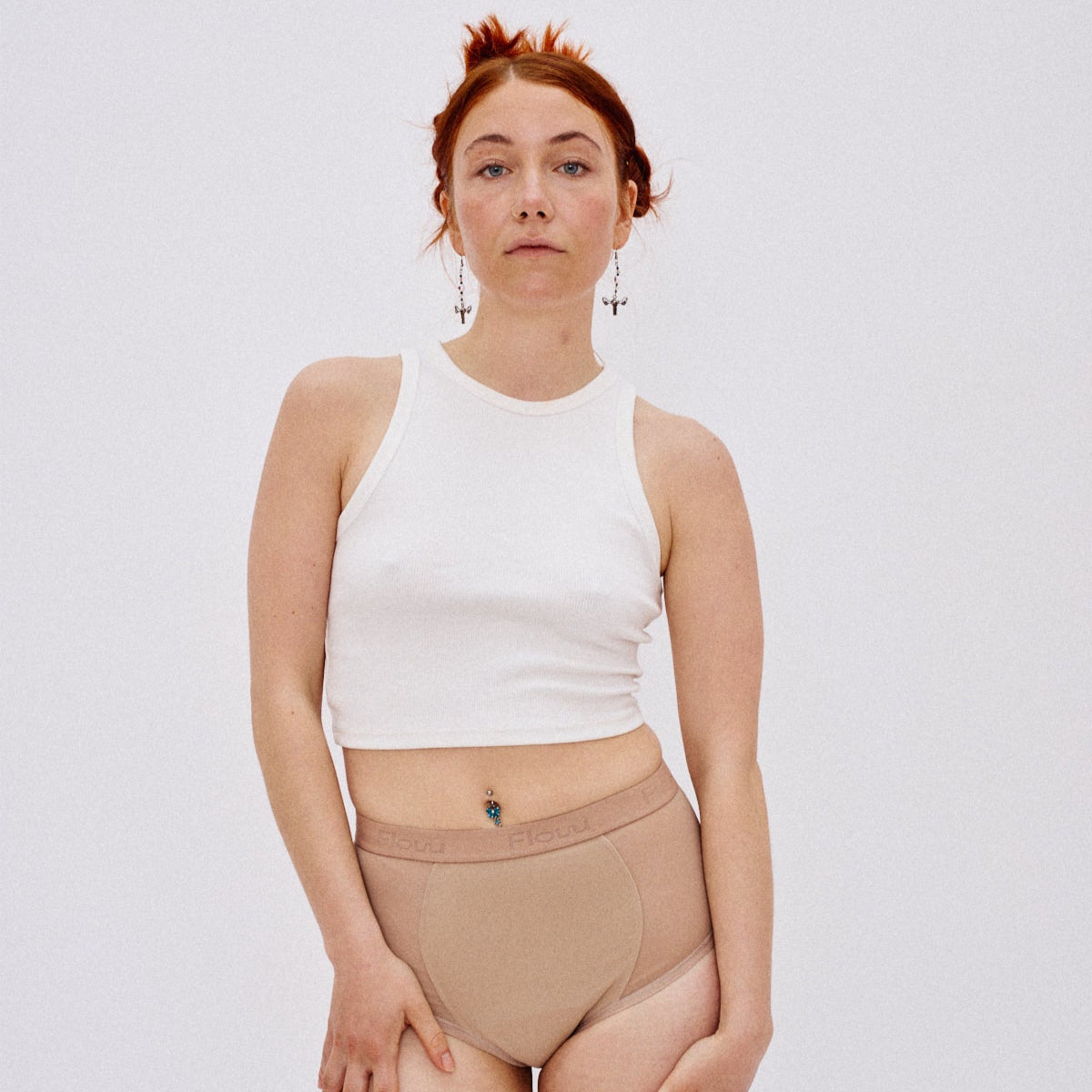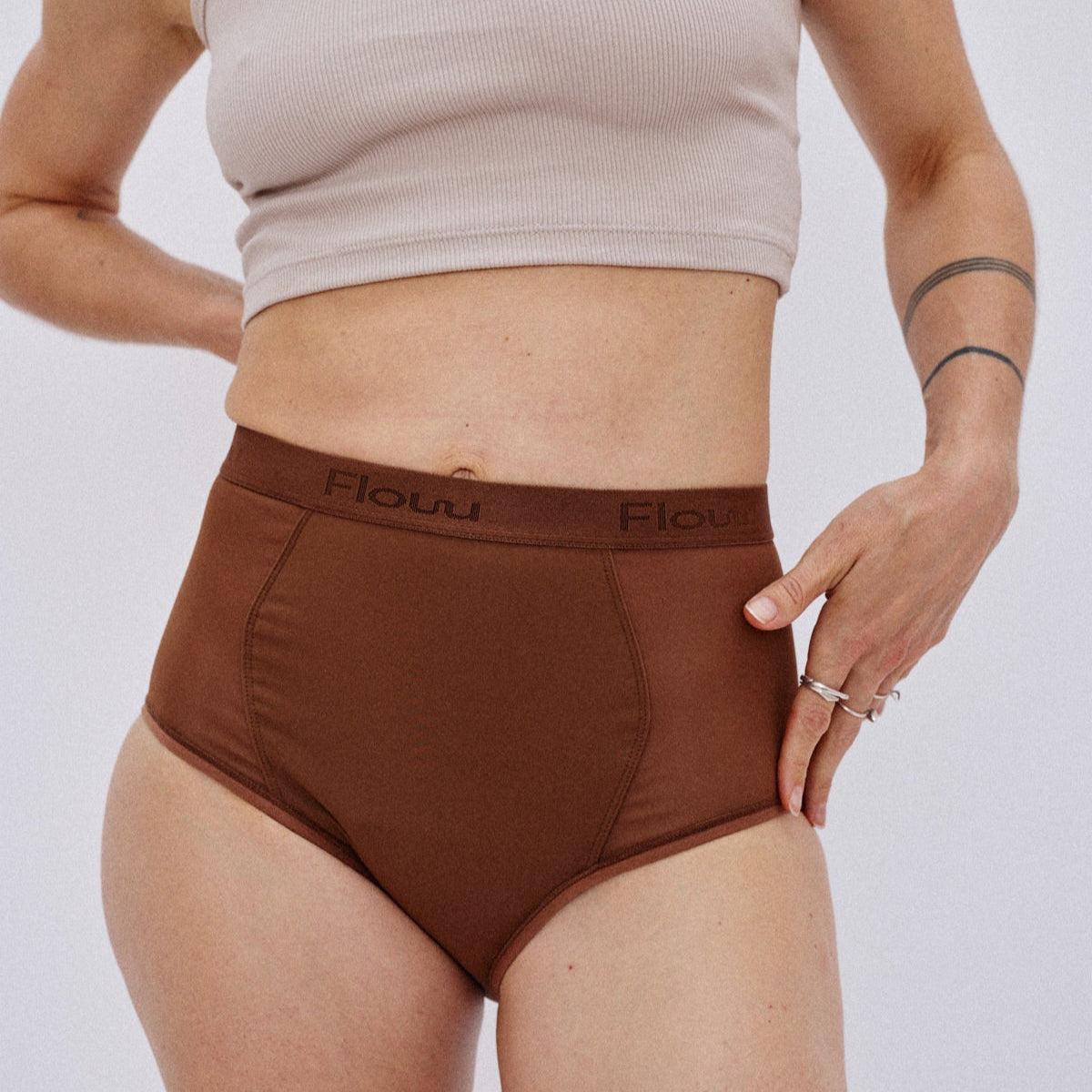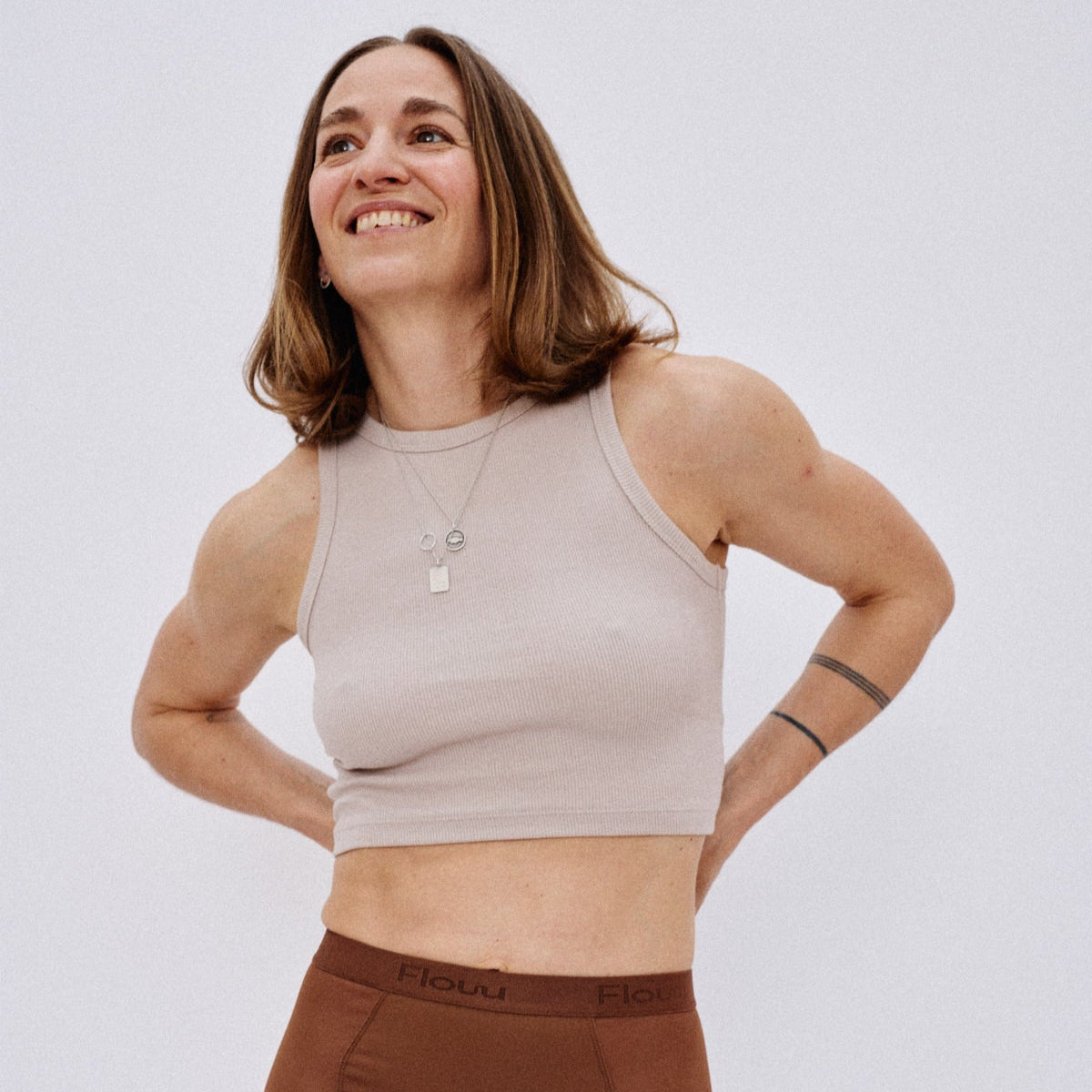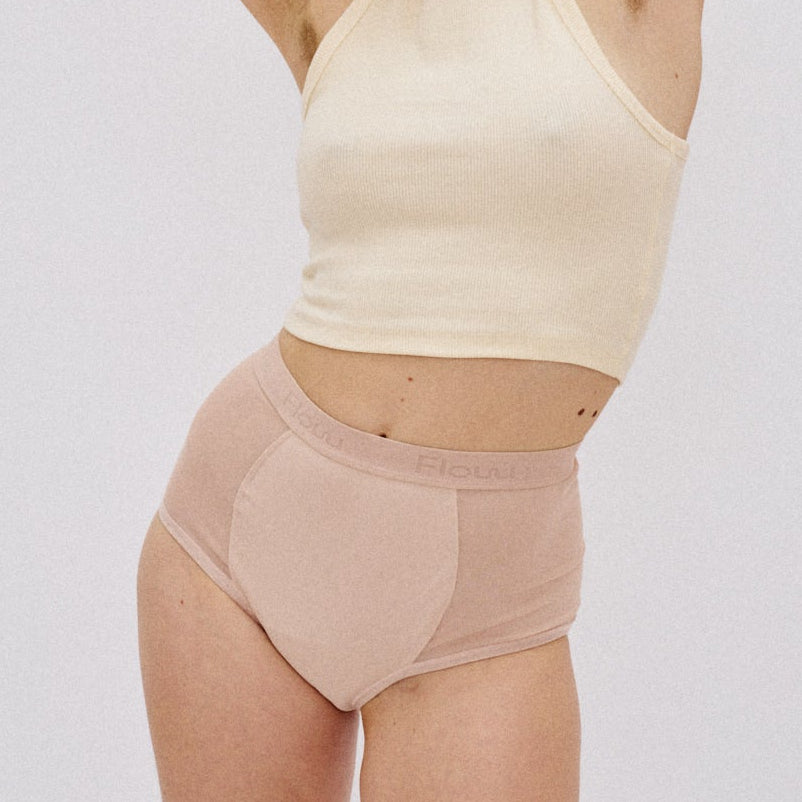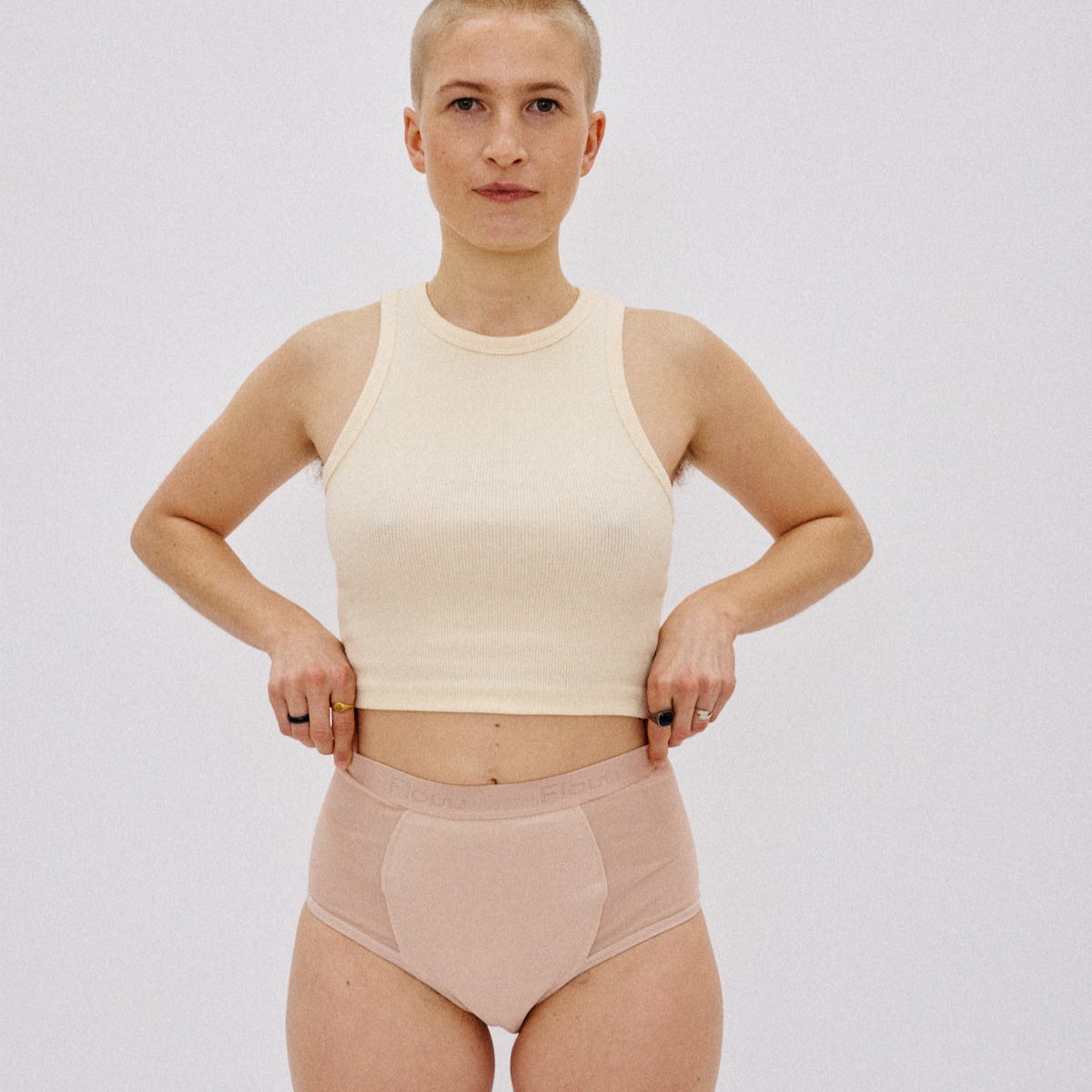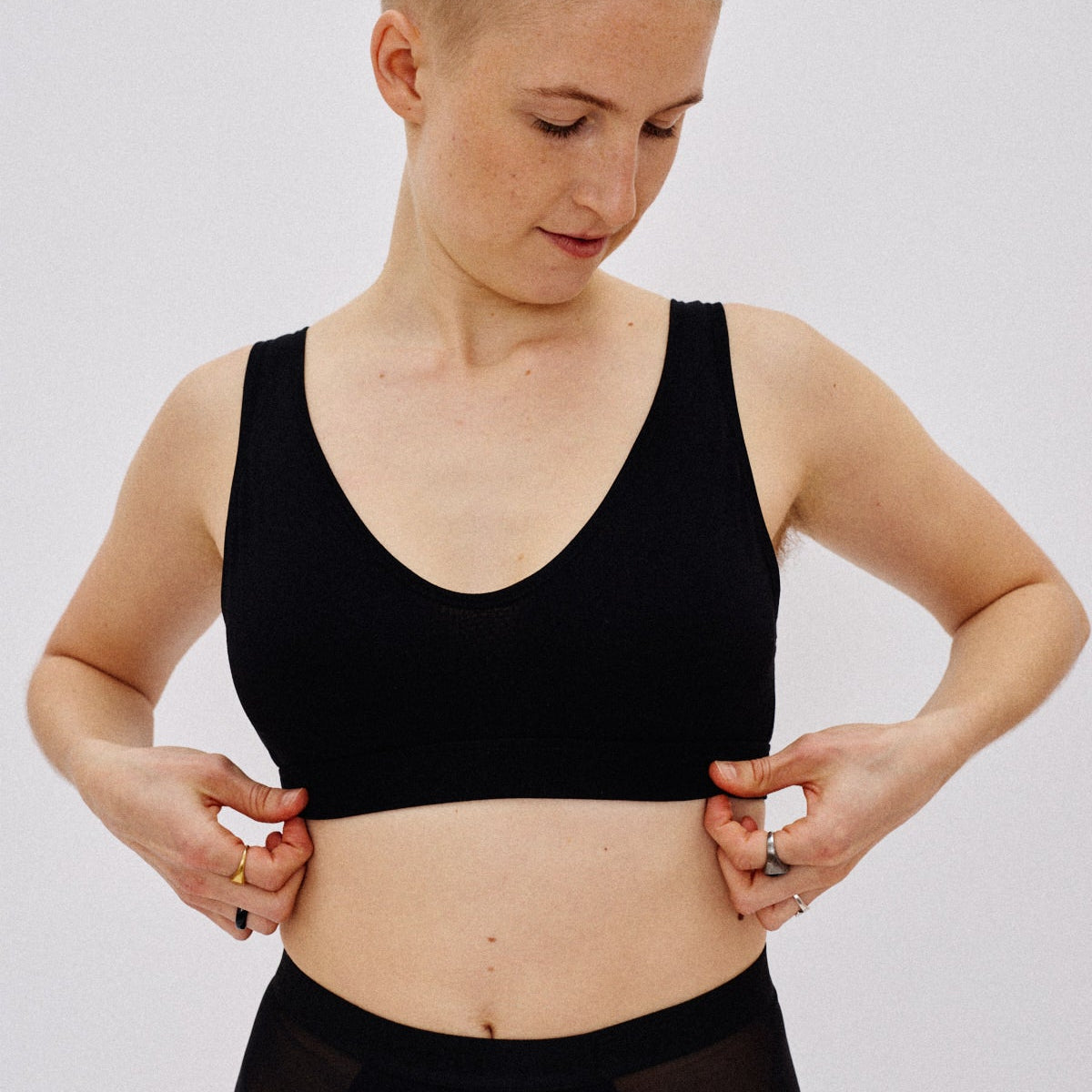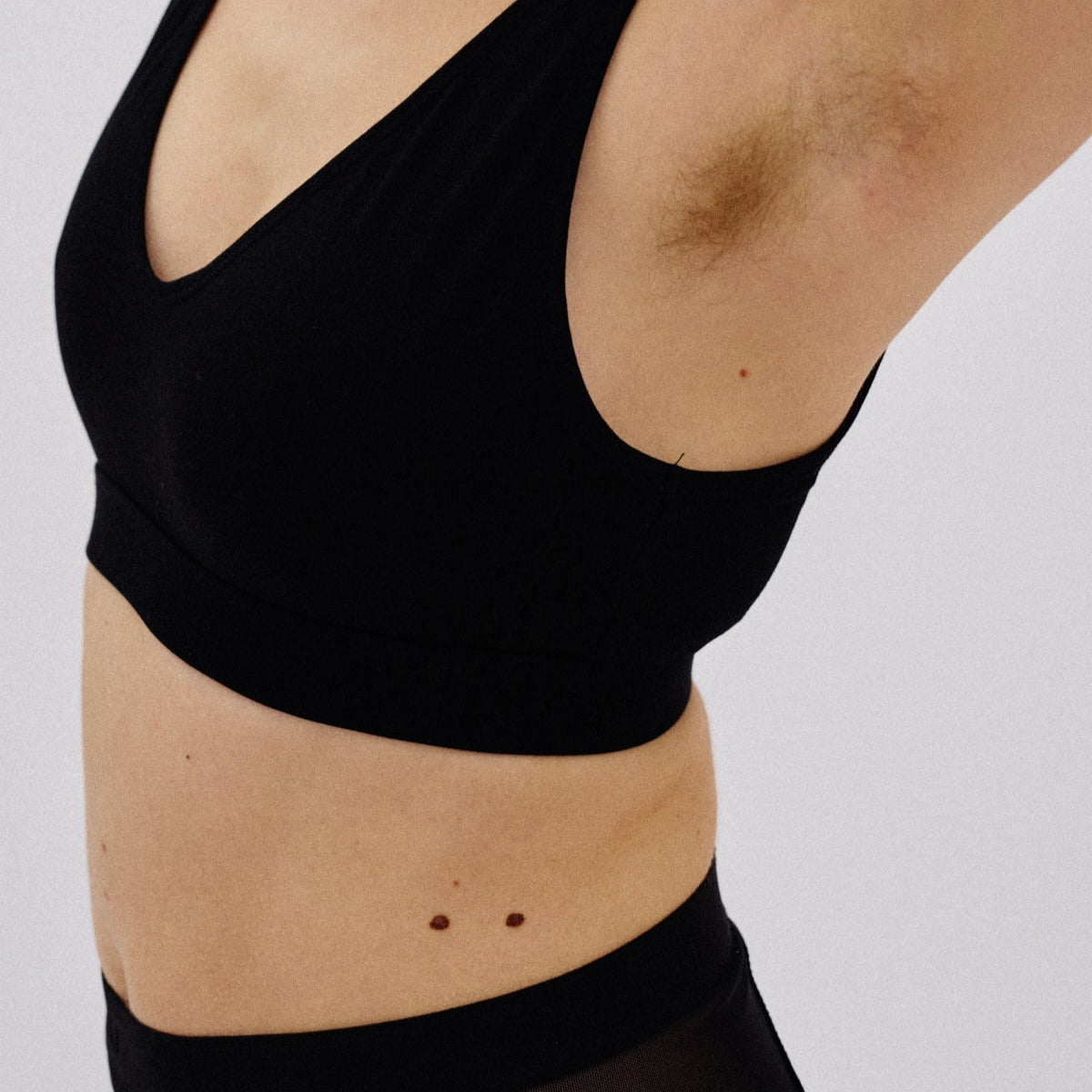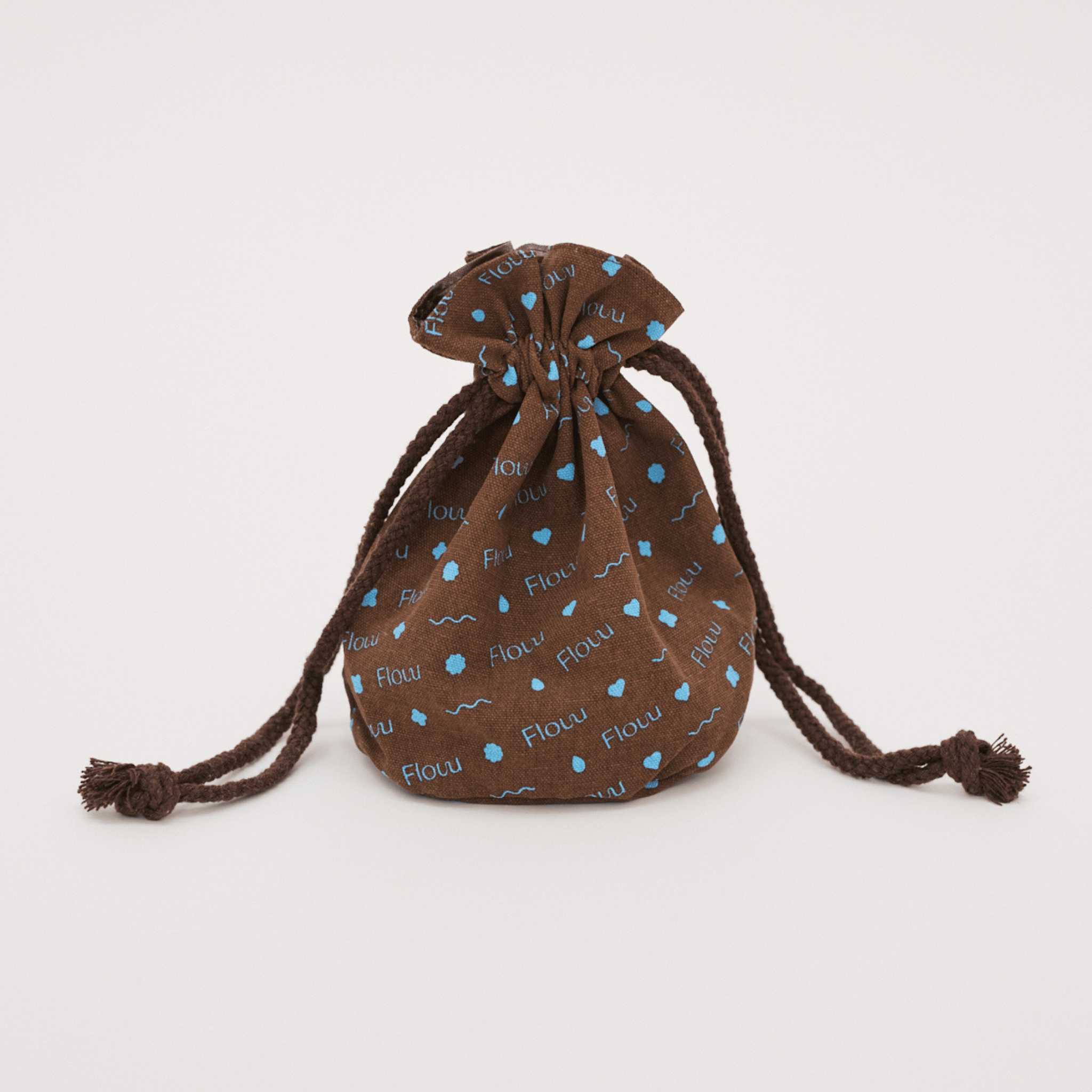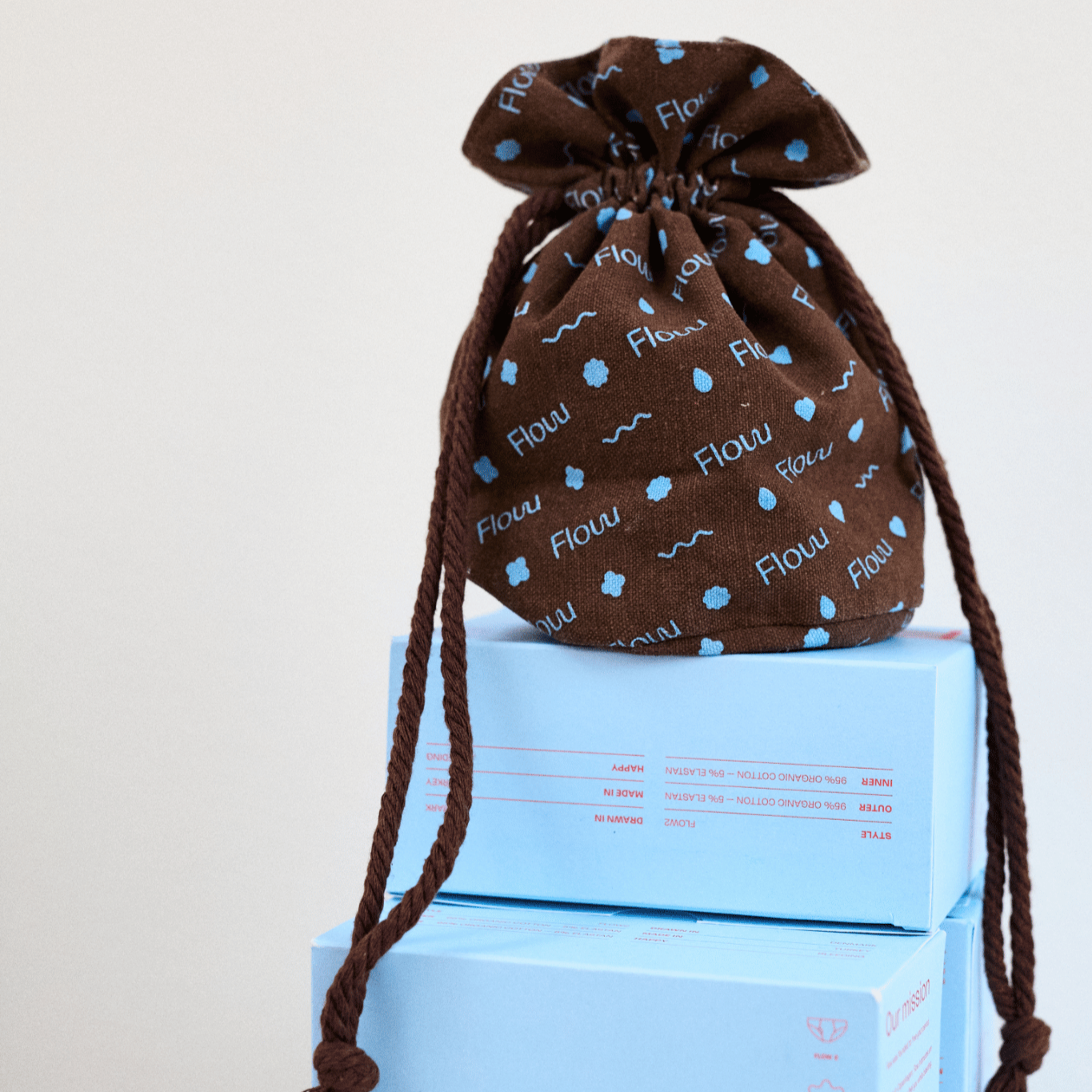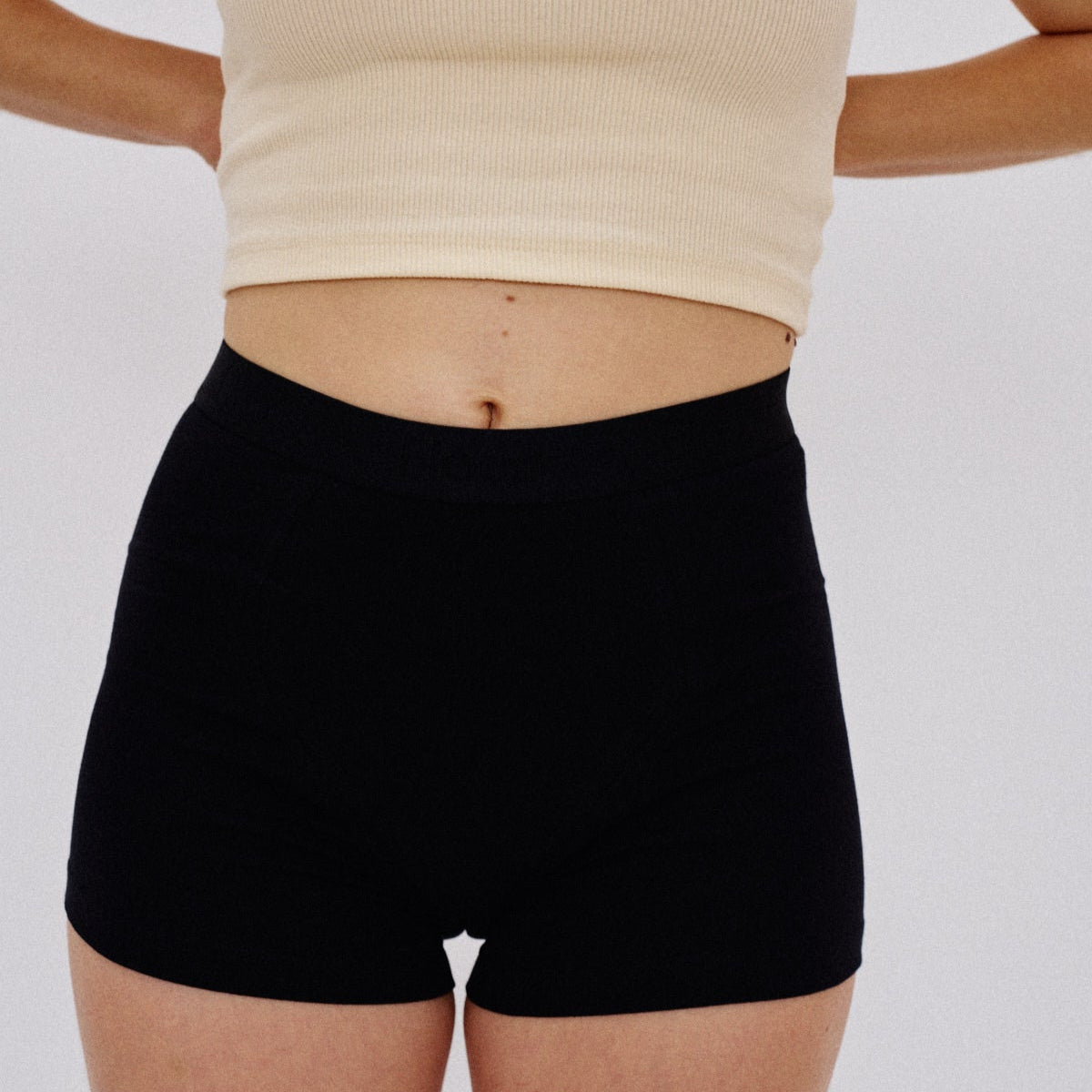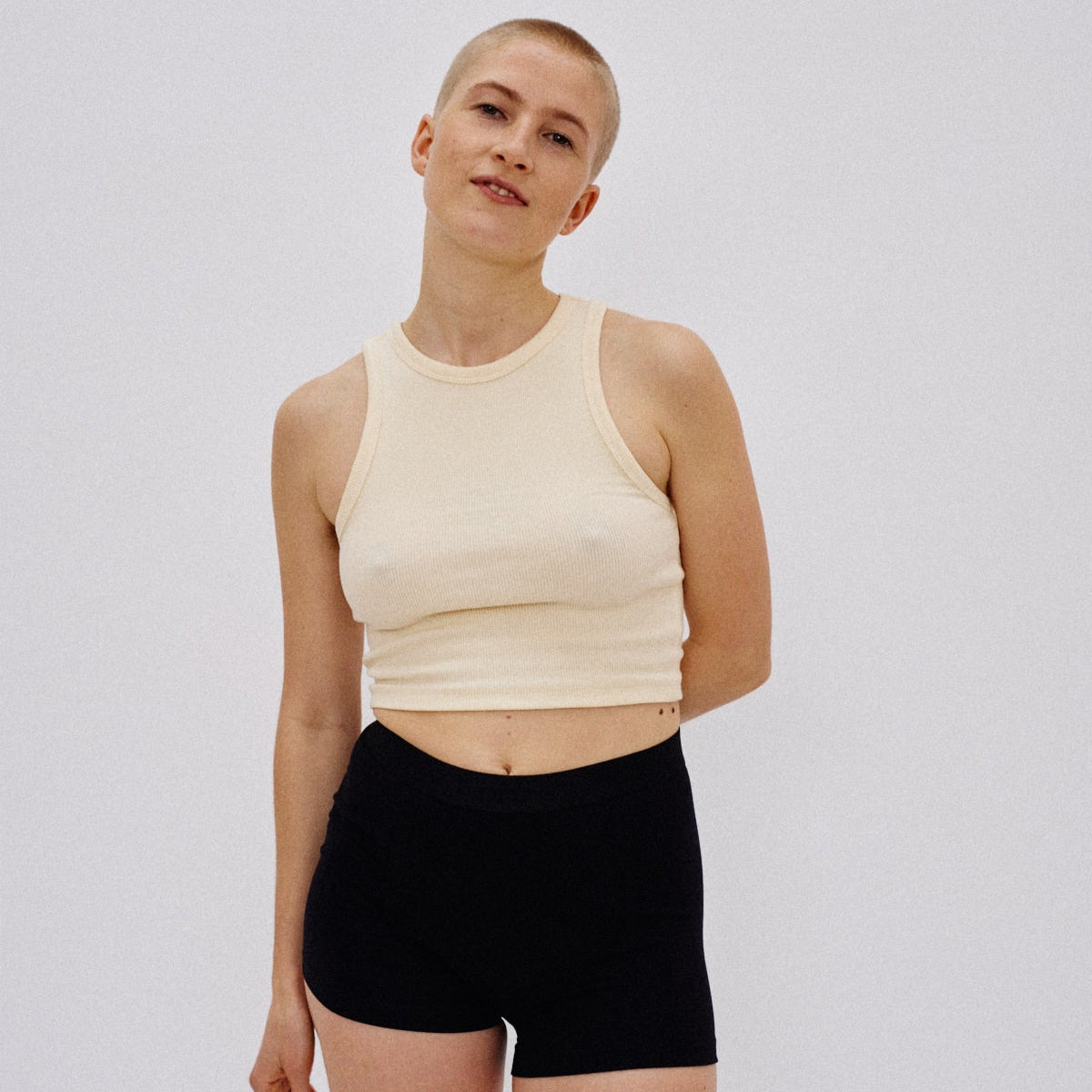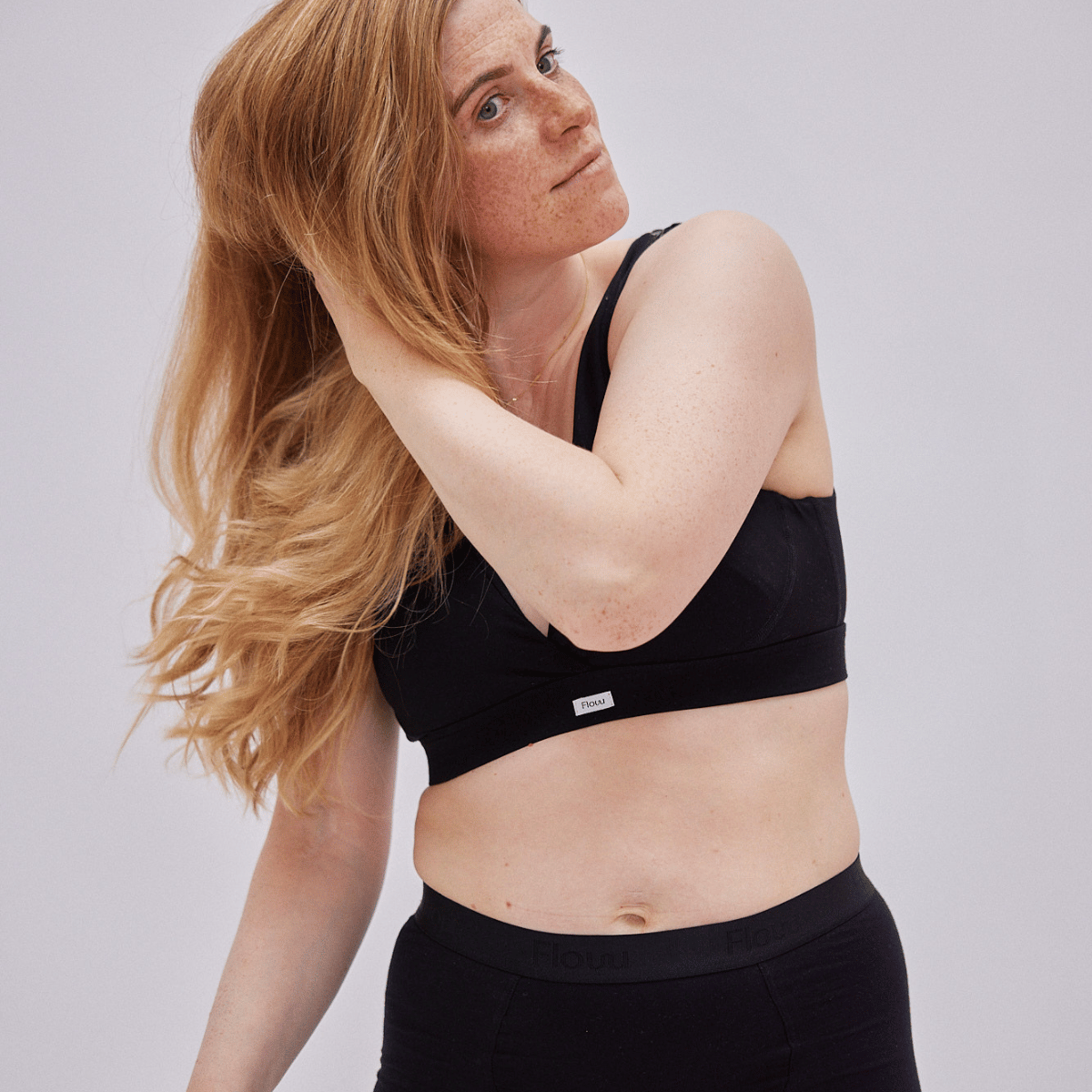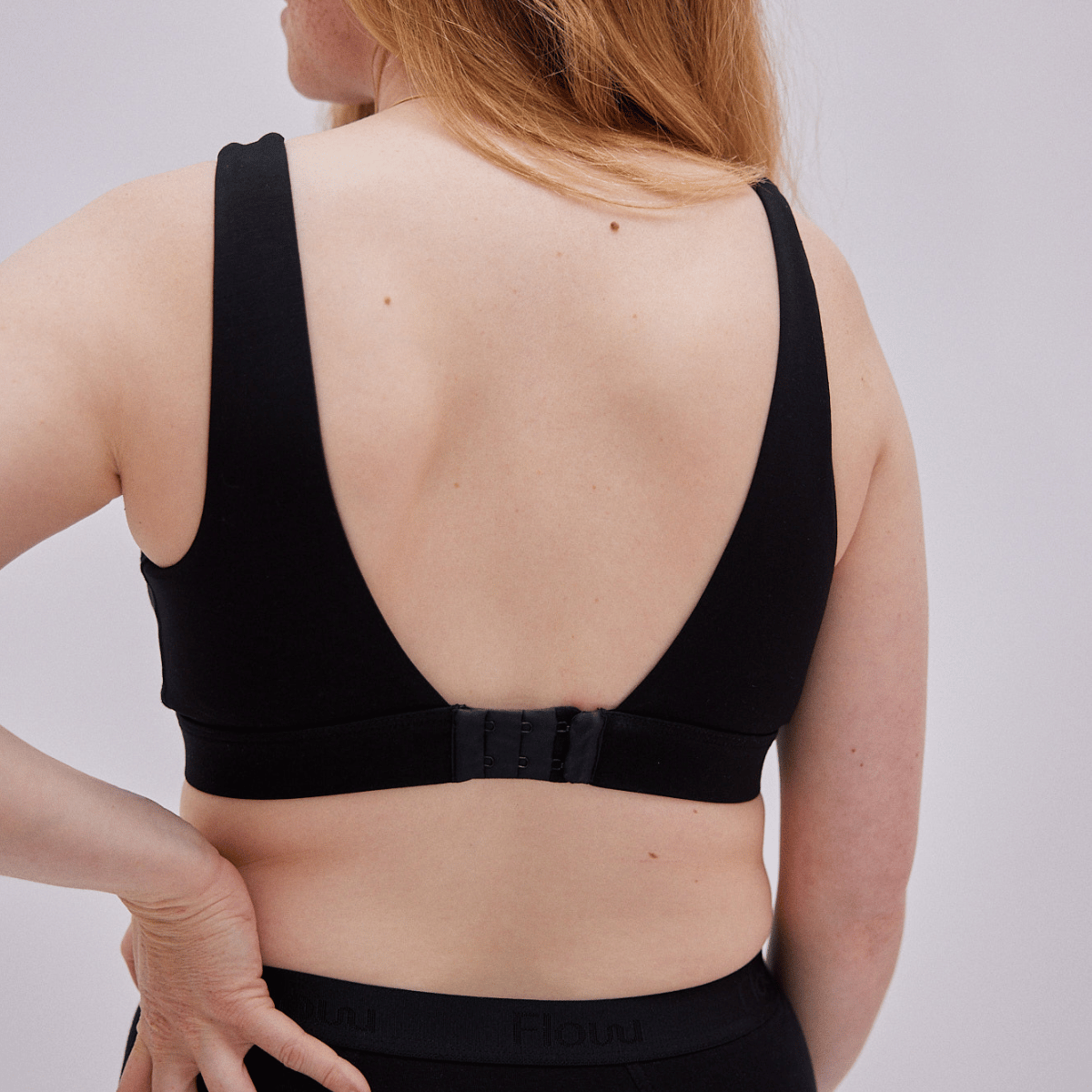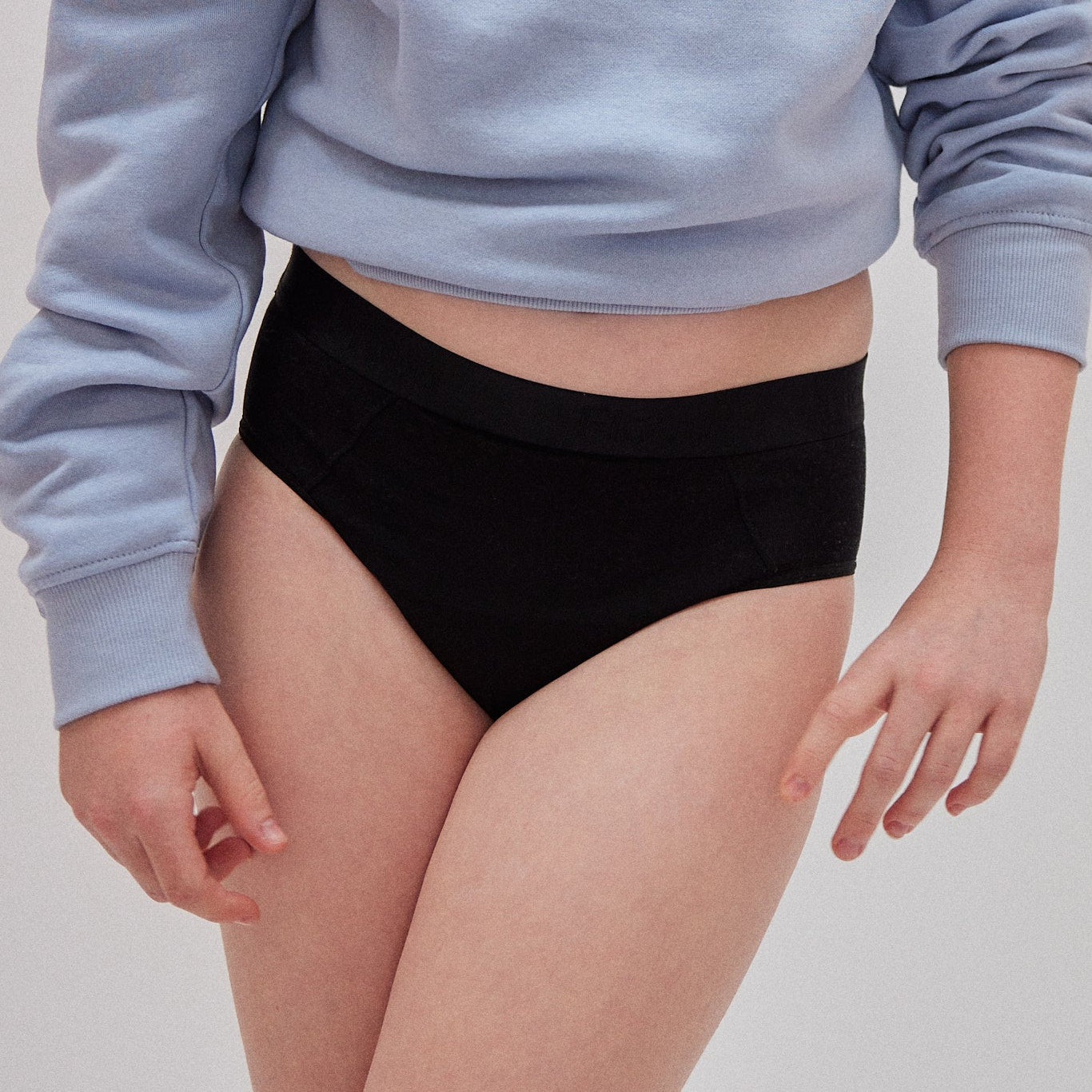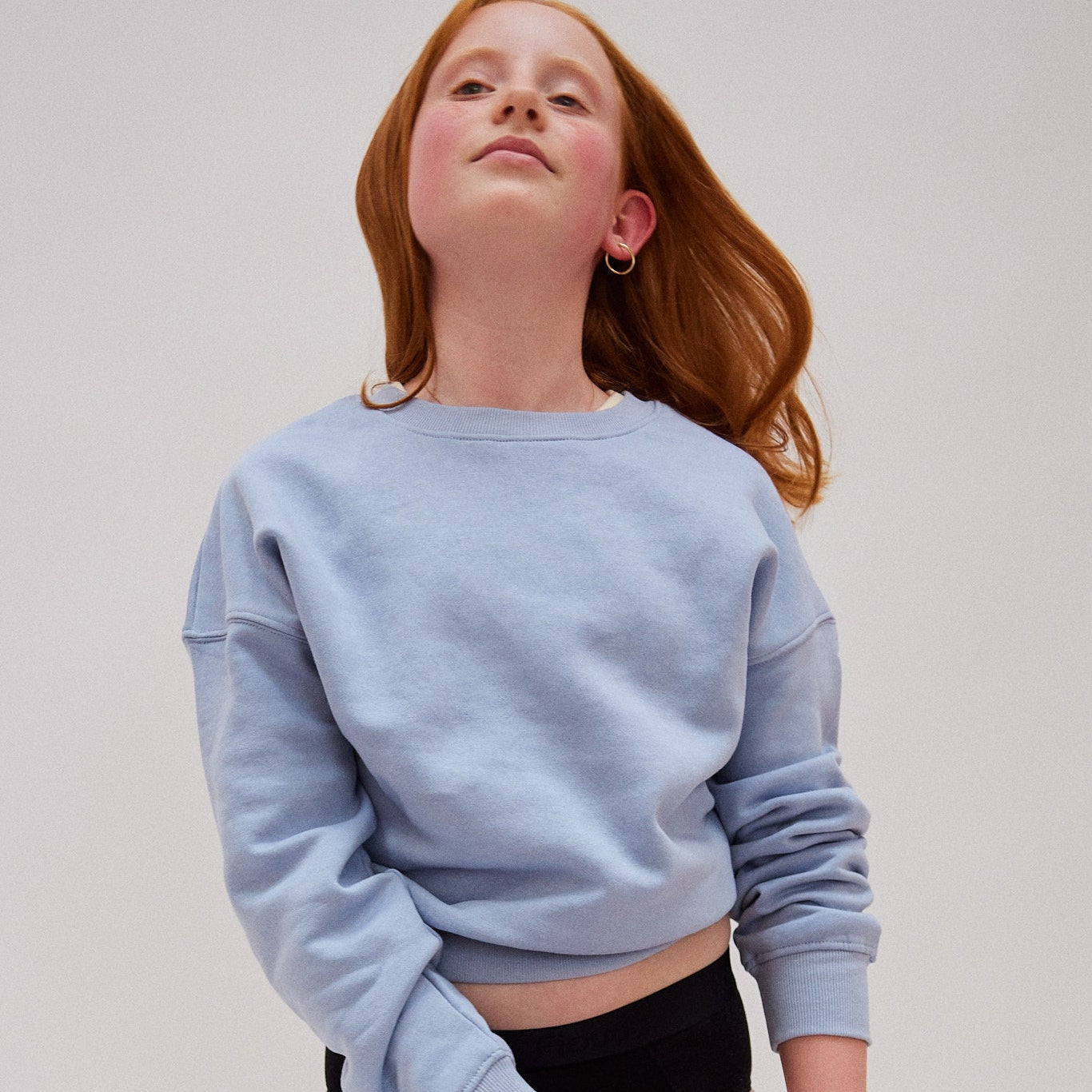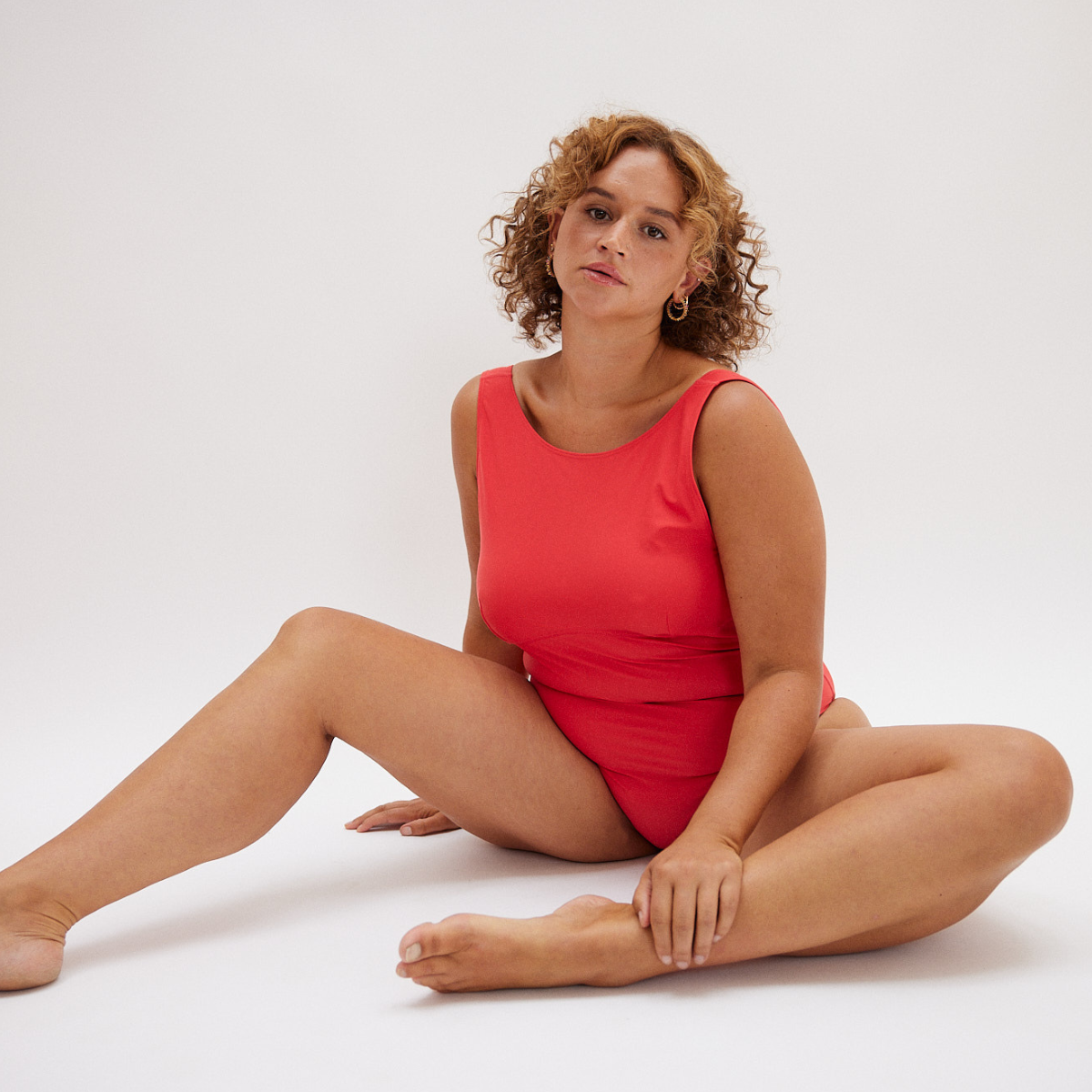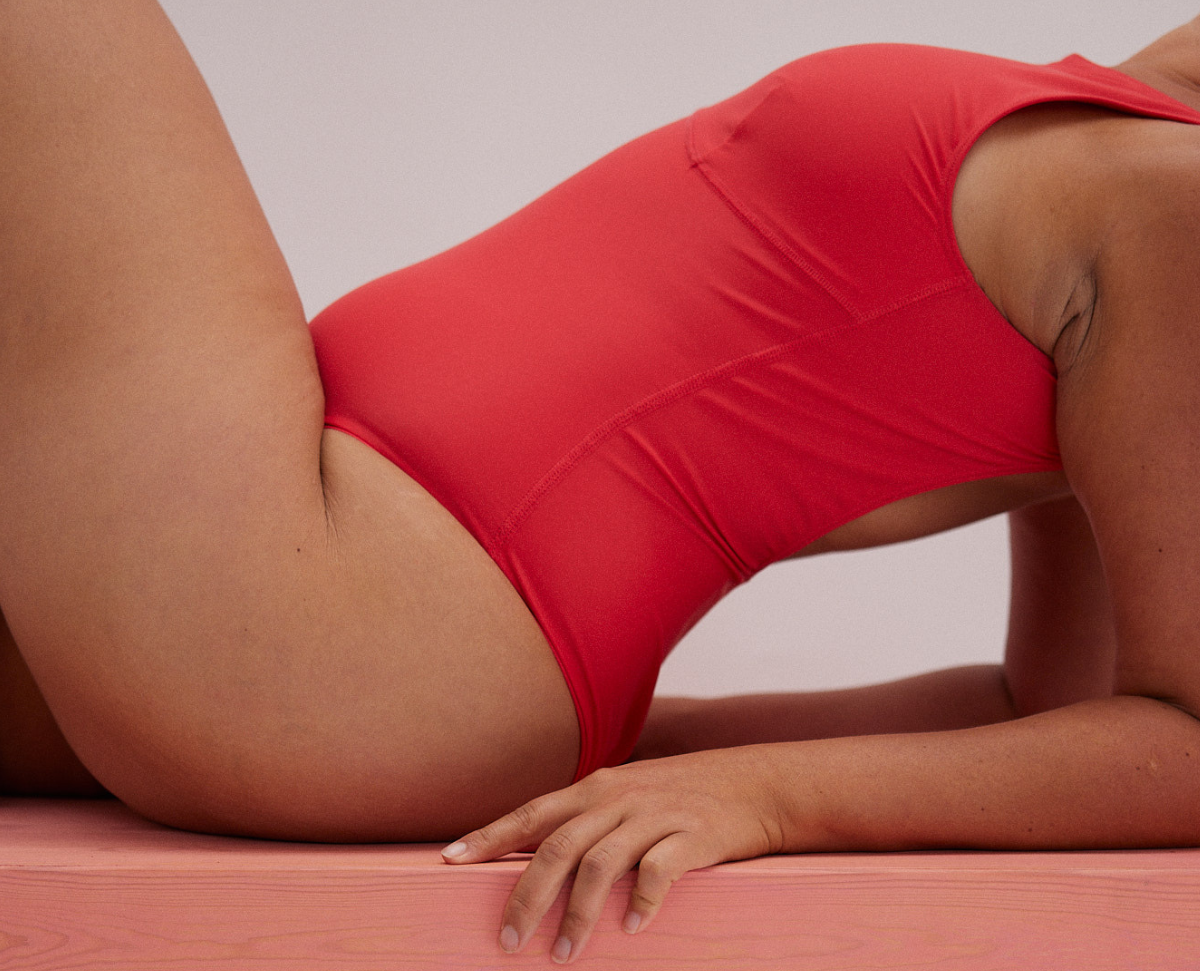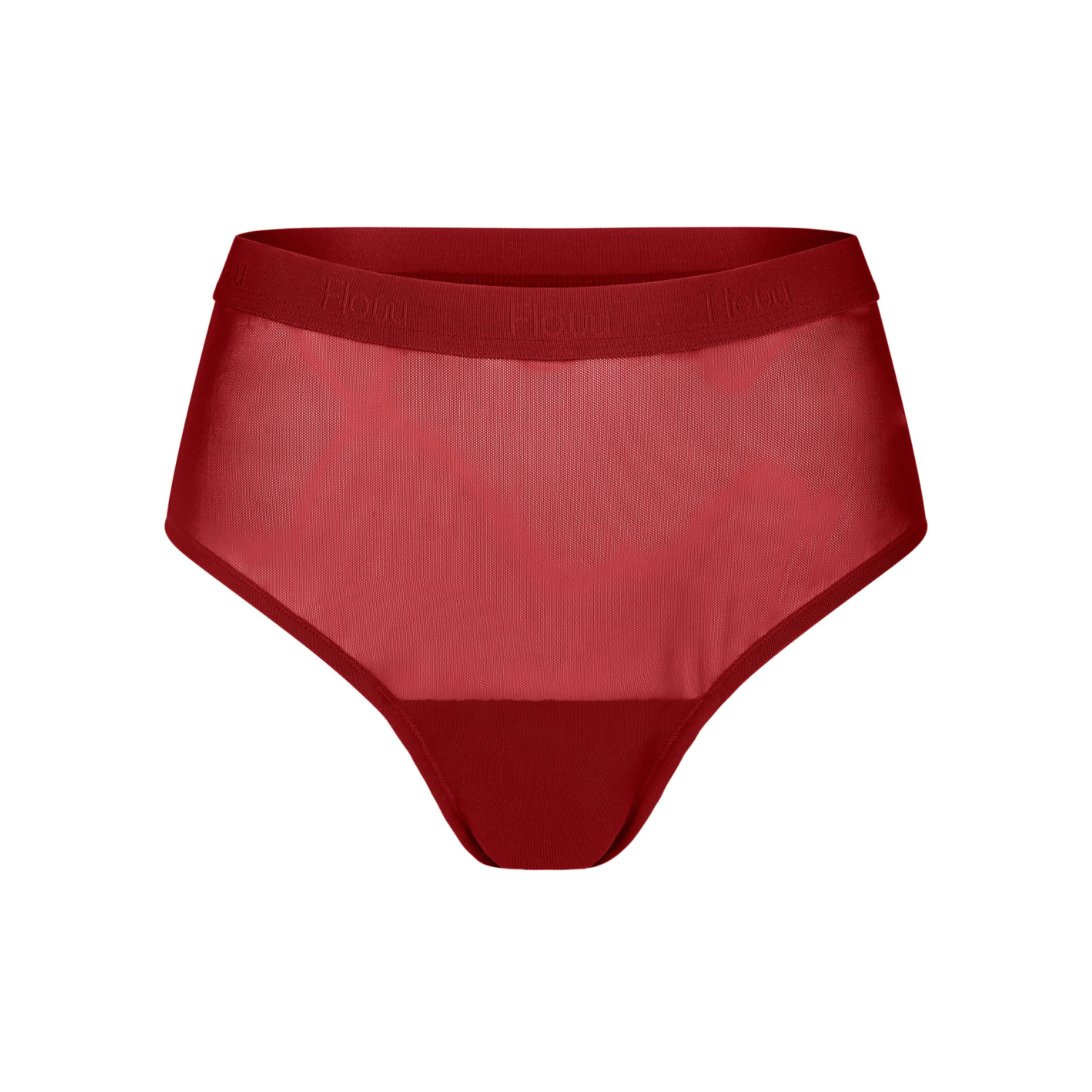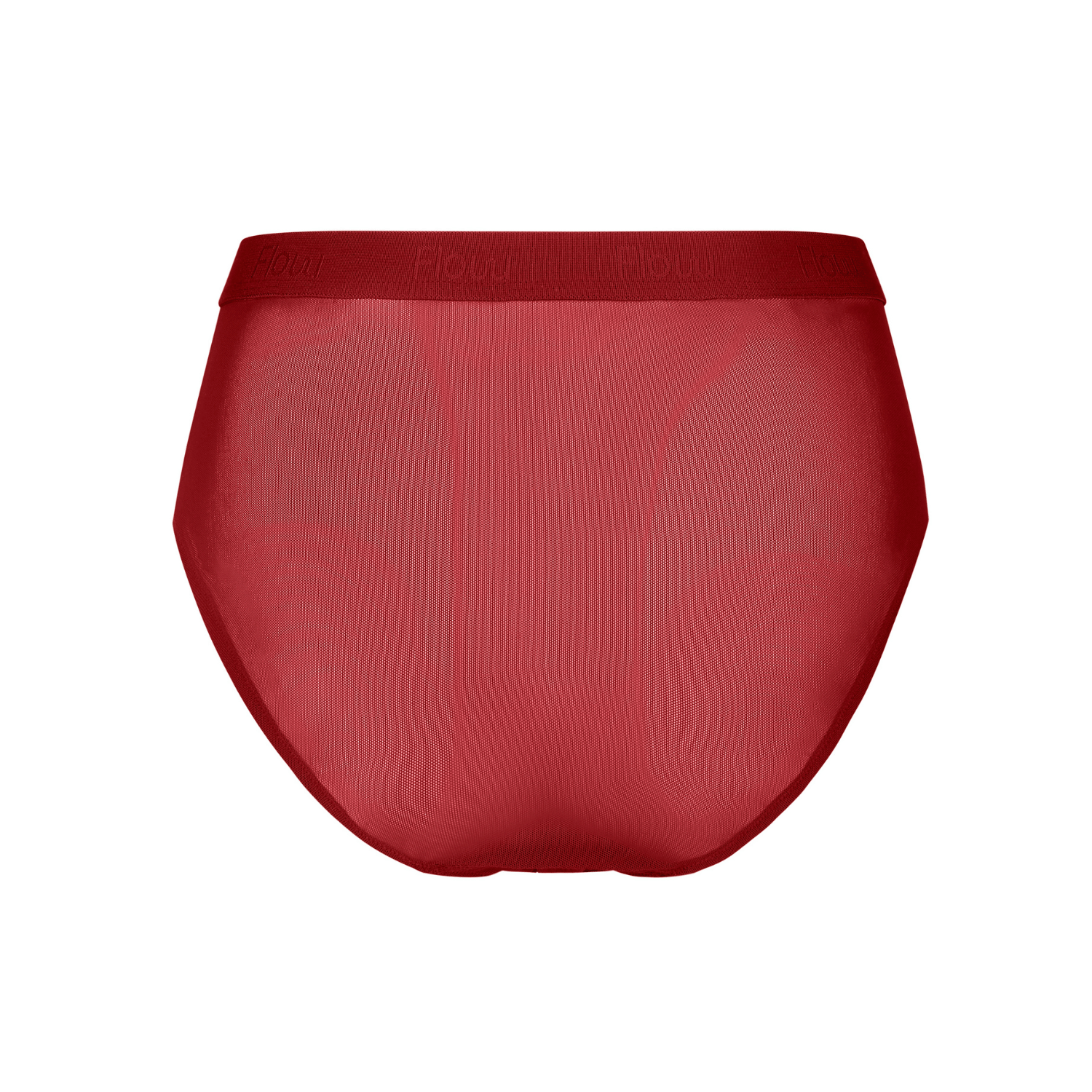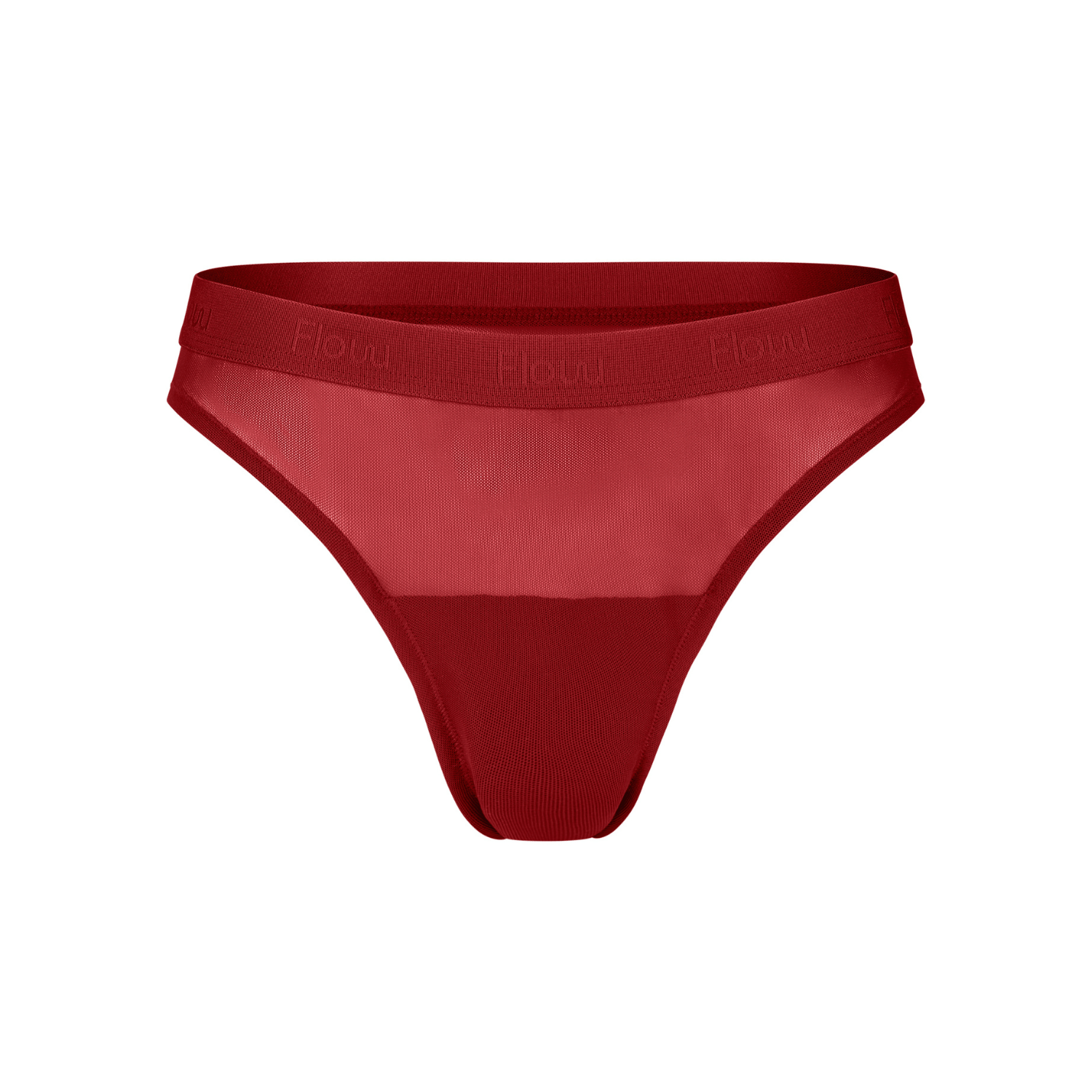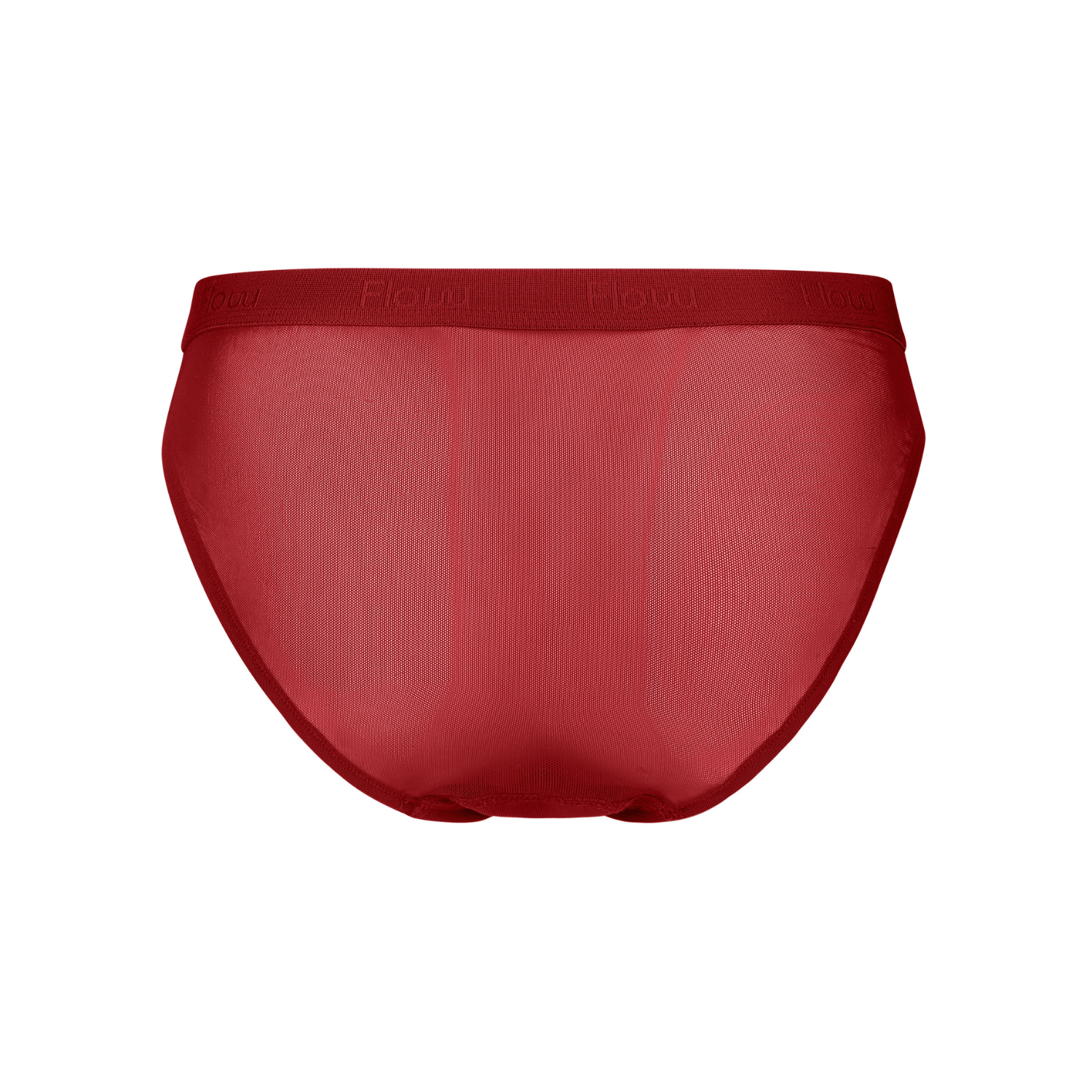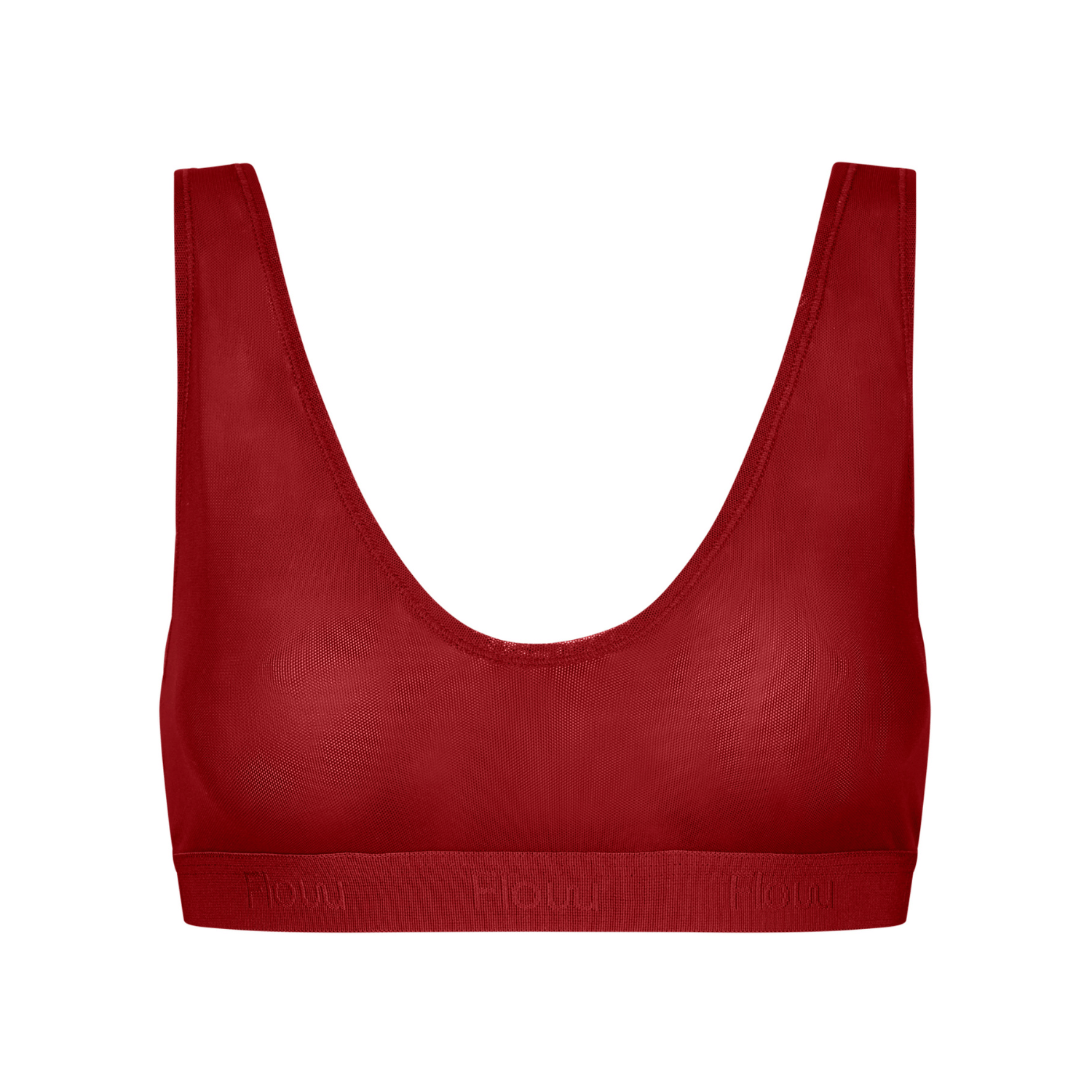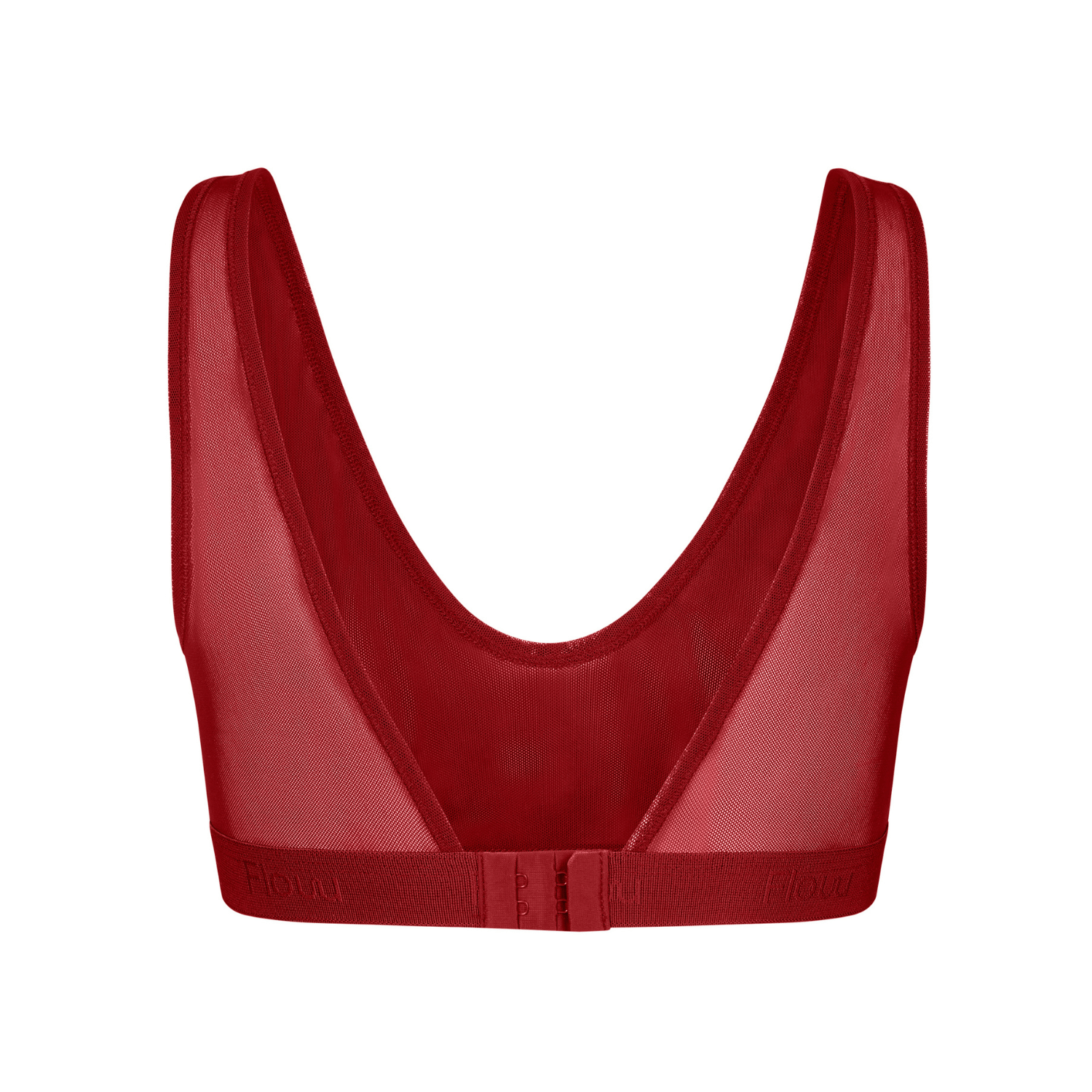Welcome to Menstrutopia: A Vision of a World Where Menstruation is No Longer Taboo

Written by Emma Libner
This May marks the 10th anniversary of the first international Menstrual Hygiene Day, known as MH Day, which is observed every year on May 28th. Over the past decade since MH Day's inception, we've debated topics ranging from menstrual pain and free bleeding to the so-called tampon tax, the colloquial term for the high VAT on menstrual products. In 2021, the conversation even reached the floor of the Danish Parliament with a proposal to make menstrual products free for everyone.
In other words, we've made significant progress in a short time, but there is still much to fight for. Currently, it takes an average of 5-7 years to diagnose the painful gynecological condition endometriosis, which affects up to one in ten people with a uterus. Research shows that people who menstruate lose about nine days of productivity each year due to menstrual pain.
So what would the world look like if the menstrual experience were fully recognized and respected in all corners of society? This article aims to explore that very question.
Welcome to Menstrutopia.
A world without whispering
Imagine a world where you can freely say the word “menstruation” out loud without worrying about offending anyone. A world where it would feel strange to lower your voice just to ask the stranger in the next toilet stall for a pad. Such a world is Menstrutopia. Here, no one feels uncomfortable talking about menstruation, not even their own.
Instead of being confined to the most private spheres, the conversation about monthly bleeding takes place everywhere in Menstrutopia: in schools, in executive offices, and in the spotlight on stages when big pop stars sing about mood swings and heavy flows.
Here, the vocabulary for all experiences related to the menstrual cycle is rich and vibrant, untouched by centuries of stigma. Even advertisements for menstrual products show raw and unfiltered menstruation just as it is. In Menstrutopia, menstruation is not just natural; it's also entirely natural to talk about.
A world where you always have a pad at hand
With a free and lively language for the menstrual experience, it might be obvious that in Menstrutopia, pads are available in all public restrooms. Here, it’s understood how crucial it is for equality that physical spaces accommodate all bodies that use them.
In this near-perfect world, you would rarely face an emergency where you lack a pad, as menstrual products are provided everywhere alongside toilet paper and hand soap. This starts in schools, with mandatory education on cycle understanding and thorough introduction to all available menstrual products, so the first period is associated with curiosity and wonder instead of discomfort and fear. And this education is, of course, for both boys and girls.
A world with few or no menstrual pains
In Menstrutopia, there’s an actual scientific race happening. Researchers compete to be the first to achieve significant breakthroughs in menstrual cycle research. There is so much prestige in studying the reproductive system that companies and foundations eagerly fund research on menstrual pain and cycle-related diseases. In fact, it’s only a matter of time before Menstrutopia finds a cure for diseases like endometriosis.
Until then, citizens of Menstrutopia can confidently visit the doctor when their cycle causes pain, without being told their pain is "completely normal." In this dream world, both scholars and laypeople understand that menstruation should not hurt. Even those who do not menstruate.
A world where work is adapted to the individual, not the other way around
Another advantage of living in Menstrutopia is that when you go to work, you enter a workplace that recognizes the menstrual cycle of menstruating employees and its impact on daily work. This awareness is reflected in concrete employee policies and contracts in Menstrutopia.
Here, you have the option of flexible work and access to dedicated rest areas at work. There are even mandatory courses in all workplaces focused on cycle understanding, all aimed at helping you work with your cycle rather than against it. One of the best things about living in Menstrutopia is that everyone, regardless of gender and menstrual status, understands that efforts targeted at menstruating individuals ultimately benefit everyone.
A world that might not be so far away?
You might think that Menstrutopia sounds like pure science fiction, unrealistic and unattainable. But before you discard the idea of a cycle-positive society, let me tell you that we are already seeing elements of this dream come true in the real world. For example, several companies have begun providing free menstrual products, from small local cafés to larger venues like Vega and Arena Næstved. Some, including Flow Intimates, even go as far as giving their employees time off at the company’s expense when menstrual pain is at its worst.
Simultaneously, the public debate about menstruation has made significant strides. From something we used to wrap in bleached cotton and vague terms (“that time of the month,” “Aunt Flo,” and my absolute least favorite: “my period”), we now see a constructive conversation unfolding that acknowledges the critical role of menstruation in society. In the latest budget, endometriosis was even mentioned for the first time ever, and the patient association Endometriose Fællesskabet received a small amount of funding to raise awareness about the disease, so more people can hopefully get help.
Finally, the positive development can also be seen in school budgets. First in Albertslund Municipality and most recently in Copenhagen Municipality, where politicians are beginning to see the benefits of providing pads and tampons for students, so they can focus on their education rather than spending time finding necessary products during school hours.
All of this is a small but welcome start to a long and important journey. And who knows? Maybe one day we’ll end up in Menstrutopia.
